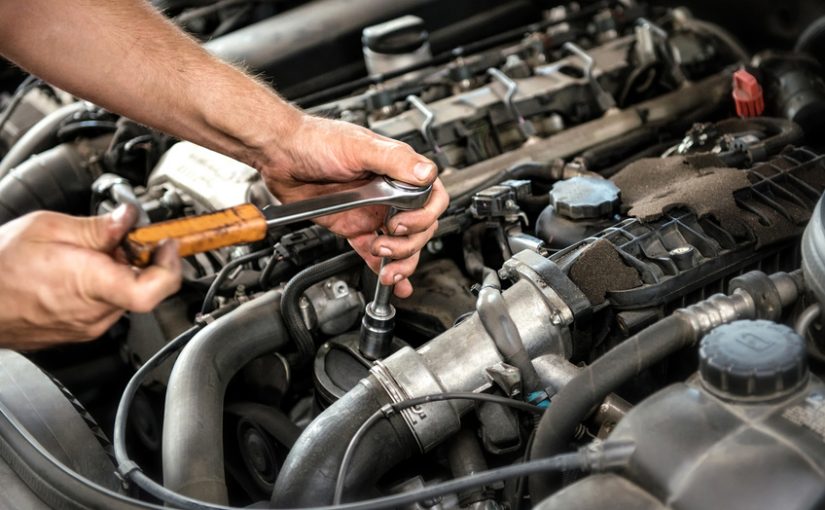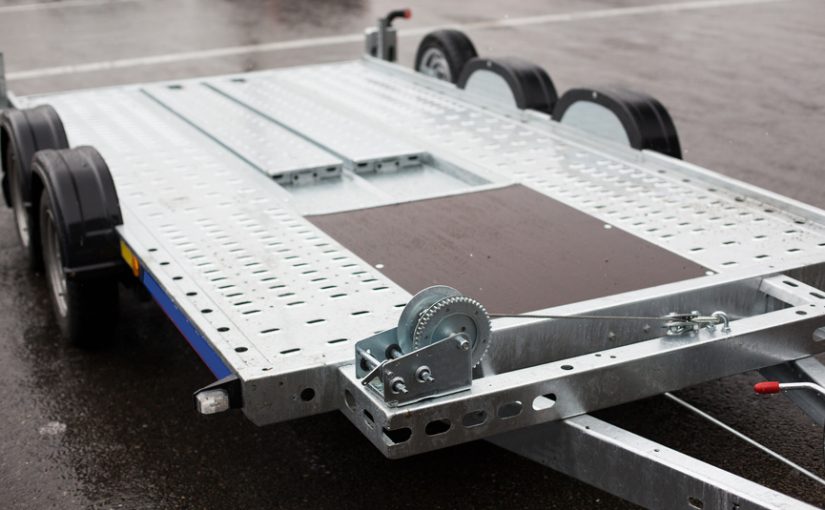
If your trailer brake system isn’t working properly, it can wreak all kinds of havoc when you are on the road. A simple 35 mph crosswind can exert around 3,440 pounds of force on your trailer, causing it to sway uncontrollably. If you can’t brake properly, you could cause both you and your trailer extensive damage or create a massive pileup on the highway. Here’s how to inspect and troubleshoot electronic brake controllers to keep yourself safe on the road.
Electronic Brake Controller Inspection Steps
To inspect your trailer brake controls, you will need to gather your trailer brake controller, your vehicle’s owner manual, and a 12 volt test light. Connect your trailer to your towing vehicle to engage and activate the brake controller. Make sure the controller is accessible and easy to see while you are inside your vehicle and keep your owner’s manual handy. Examine the in-cab control to determine if it’s installed correctly or needs an adjustment. Check the digital screen on the front of the controller for any troubleshooting codes and reference them to your owner’s manual.
The last thing you will want to check is your trailer brake wiring system. Check to see the black power wire is firmly connected to the positive terminal and the white power wire is securely connected to the negative terminal. Use the 12 volt test light to the trailer connector wire port to check voltage continuity. If you see less power being sent to the trailer connector than to the controller, then you will want to check for wiring issues between the two units.
Common Trailer Brake System Problems
There are three main problems that can occur with electronic brake controllers. If the display on the device shows that the trailer is not properly connected, then you could have a brake signal wire short or a vehicle plug corrosion issue. Errors can also occur if ground wires are not solidly connected to negative battery terminals or the adapter wiring doesn’t properly match with the OEM connector on your vehicle. You can also have problems if adjustments with brake assemblies are off or the controller’s boost/gain setting is too high for your trailer’s size.
It’s important to regularly inspect electronic brake controllers on a regular basis to make sure they are functioning properly. Keeping them in good condition will help keep you safe on the road by fixing trailer sway and proper brake coordination between the vehicle and trailer. If you need help with troubleshooting or repairs, consult a professional knowledgeable in trailer brake controller solutions to help you.
Hayes Towing Electronics Products are Proudly Made in the U.S.A. and In-Stock!





